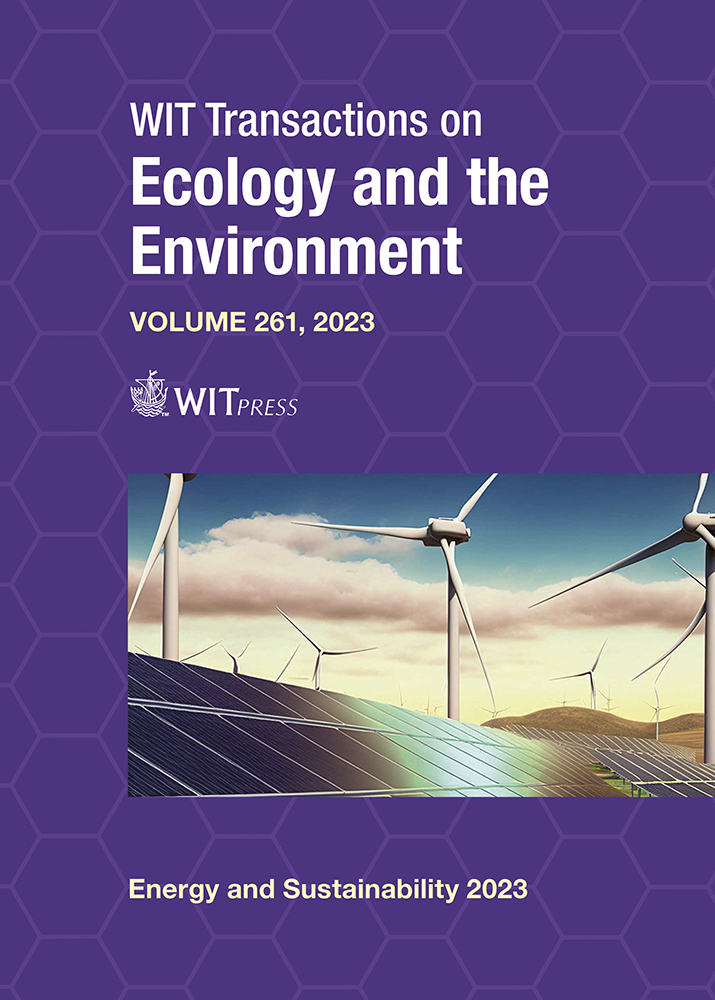ELECTRICITY SECTOR INTERACTIONS BETWEEN NORWAY AND EUROPEAN CONTINENTAL COUNTRIES
Price
Free (open access)
Transaction
Volume
261
Pages
15
Page Range
51 - 65
Published
2023
Paper DOI
10.2495/ESUS230051
Copyright
Author(s)
ERIK T. JARLSBY
Abstract
This paper explores how Norway’s electricity sector may interact with continental European ones, notably Germany, in respect of mitigating the need to manage the variability of renewable electricity generation on the continent. Norway’s system has capabilities for providing flexibility for responding to variations in wind and solar generation and consumption. The variability of residual load in Germany over a recent multi-year period is analysed in terms of instant shortfalls and cumulative shortfalls of electricity supply that would arise if Germany’s renewable generation increases to match its consumption in recent years on average. It is found that interactions with Norway’s system cannot remove any large part of Germany’s need for flexible generation capacity to cover instant shortfalls, but can significantly reduce the cumulative amount of electricity over time that needs to be supplied from such flexible capacities. The capabilities and constraints in Norway’s system for providing such flexibility are analyzed, as are economic implications for Norway.
Keywords
energy transition, flexible power, German electricity, hydropower reservoirs, Norway electricity, renewable generation, residual load, shortfall, variable power





